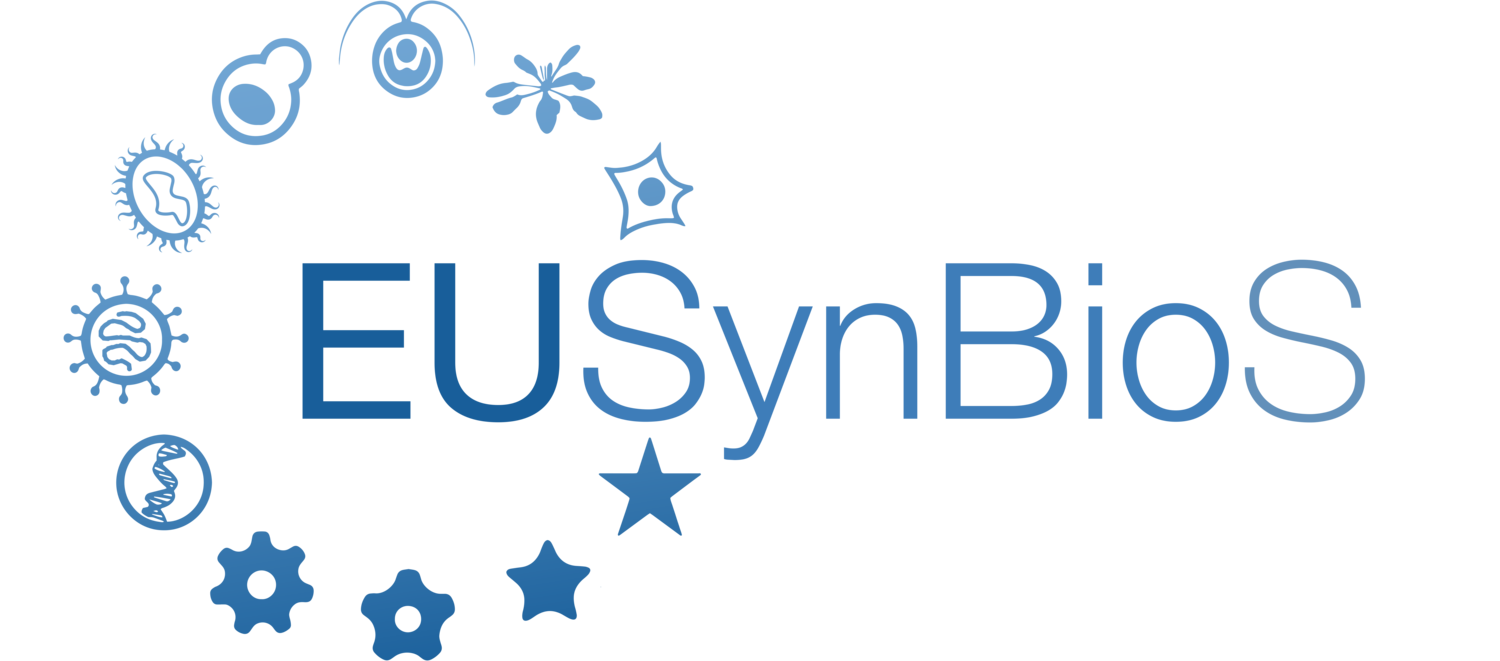Young PIs in action: Interview with Pierre Crozet
For the next blog in our Young PI series, we interview Pierre Crozet from Sorbonne Université in Paris, Frence.
Kostas Vavitsas: What is the biotechnological and synthetic biology potential of microalgae, and why did you choose to work in this area?
Pierre Crozet: As you work in the field, you have a few answers of your own, but I will try to answer with a twist. I want to work on photosynthetic organisms, for all the advantages you can imagine. There is a strong focus on the community on plants for agriculture, but in photosynthetic algae you can do more. Chlamydomonas has a bigger potential to answer biological questions and do synthetic biology. So plants can provide food, and algae could do anything else.
And here is the twist. I come from an Arabidopsis research background; Arabidopsis is easy to work with but slow to grow. Transitioning to algae was great! The algae synbio community is still small and the European GMO legislation is not very helpful, but we’re getting there. See for example the strong algae research by ExxonMobil; I think that practical applications are coming soon!
KV: How was the transition from postdoc to Associate Professor? Was it as you had imagined it?
PC: No, it was totally different. I have to note that technically I am not a PI, in the French system an Associate Professor is normally not a group leader. However, I have a significantly higher level of independence as I am the leader of my projects and already co-supervising a PhD student.
Well, for the first year in my new position I didn’t even touch a pipette. I had to do admin, write grants, teaching, teaching, and teaching. There is a lot of hidden administration work that PhD students and postdocs never see. So the nature of my job has changed.
But not all changes are bad. The interaction with the society is different, you are no longer a postdoc and people start contacting you – like you guys did – to draw on your expertise. For example, I am at the scientific advisory board of a startup biotech company named Neoplants, a position I think I wouldn’t have without being an Associate Professor.
KV:You emphatically mentioned teaching as a major part of your work routine. Do you find it a hindrance to your research role?
PC: Look, I love teaching. I never pictured myself in any other role other than professor. I wouldn’t exchange this position with anything else – maybe a full Professor position!
I really value the time I spend with the students. But teaching has more to it: administration work, marking essays and exams, preparing lecturing content… I could do with less of that.
Teaching has some benefits to the teacher. It forces you to see outside the box, and gives an incentive to improve your knowledge, especially when you are teaching something you feel unqualified for. For example, I had to train engineers in food and feed industry. As the subject was not within my immediate field of expertise, I had to become competent.
Last but not least, teaching makes you feel that you are making a difference to your students’ lives. You interact with them, you help them make a career, and some of them might choose to join in your lab for projects or research positions.
KV: And speaking of mentorship, what is the one most important piece of advice you would give to an Early Career Researcher in synthetic biology?
PC: Do what you like! This is the only important thing, do it for real and never give up!
Pierre is interested in the molecular mechanisms allowing Plants to adapt to stresses. One of the major integrators of these environmental cues is the SnRK1 complex that allows maintenance of energy homeostasis. He studied its complex post-translational regulations that allow specific signal transduction during both his PhD at Université Paris-Sud, France, with Martine Thomas and Jean Vidal, and his postdoc at Instituto Gulbenkian de Ciência, Portugal, with Elena Baena-Gonzalez.
Since 2016, he shifted towards Synthetic Biology of carbon fixation in Chlamydomonas aiming at making this alga a better chassis to study the Calvin-Benson Cycle regulation through synthesis. He joined the team of Stéphane Lemaire and was appointed Assistant Professor in 2017 at Sorbonne Université to continue his work on developing Synthetic Biology in microalgae.
The answers were edited for length and clarity.

